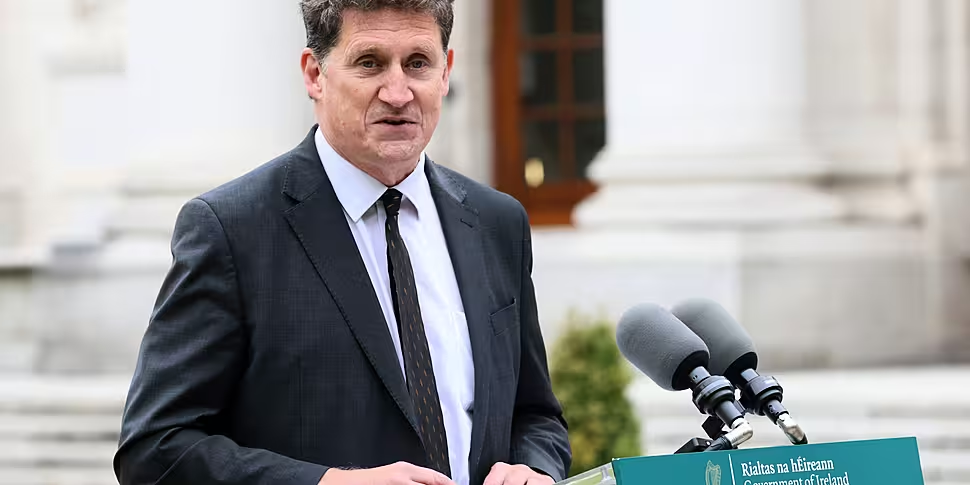The Government’s plan to split the RSA into two separate agencies is a “poor idea” with “poor structure” behind it, a leading motoring expert has warned.
The Department of Transport announced yesterday that the RSA will be split into two independent agencies.
The move is based on the recommendations of an independent external review into the body carried out by Indecon consultants.
Under the plan one of the new agencies will be responsible for operational matters like the NCT, driving tests and administration.
The other agency will be focus on road safety, research and promotion.
Speaking yesterday, Transport Minister Eamon Ryan said the move will "deliver a more effective whole-of-Government response to the deteriorating fatality and serious injury trends on Irish roads".
On The Pat Kenny Show, Transport Consultant Conor Faughnan said the plan was a "poor idea' with "poor structure".
"I'm not convinced," he said. "I don't think this is really a good idea."
Mr Faughnan said splitting the RSA would not fix the "fundamental problem".
"Their balance score card for the last couple of years has been poor, as indeed have the road safety stats, but I’m not convinced this is the fix," he said.
Mr Faughnan said the RSA is "not making enough money from NCTs and car tests" to fund road safety promotion.
"You have to either fix that by upping the fees or providing more Government money."
Reducing road deaths
Asked about reducing deaths on Irish roads, Mr Faughnan said cameras and AI could be used to identify drivers who are using their phones or not wearing seatbelts.
"The UK have smart cams to see who is wearing a seatbelt or not," he said. "These photos get flagged and get sent to the police."
He said Ireland could easily introduce a similar system.
"No team of guards is going to comb through these photographs. But AI can do so rapidly and flag the anomalies and go the guards," he said.
Incentives for zero emission vehicles
Mr Faughnan also criticised the new green flash registration plates for zero-emission vehicles, noting that there doesn't seem to be a "proactive point" to them.
"It's one of those ideas that will do no harm at all, but it's unclear if it will do any good either," he said.
The transport expert said greater tax incentives and toll discounts for zero emission vehicles would have a "more active effect" on EV sales.









